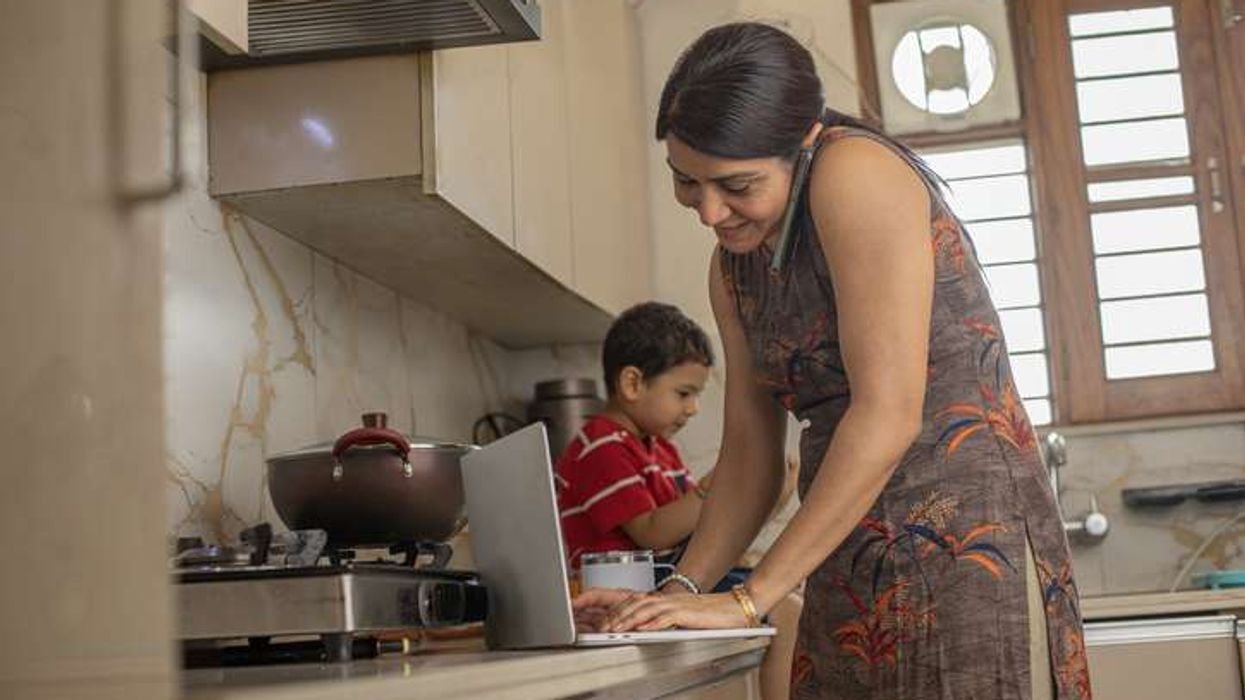WOMEN in England experience a sharp and long-term fall in earnings and employment following motherhood, with the biggest drop occurring after the birth of a first child, new figures from the Office for National Statistics (ONS) show.
The study published on Friday (3) tracked changes in monthly pay and the likelihood of being in paid work before and after childbirth from April 2014 to December 2022.
It found that five years after having their first child, women’s average monthly earnings were 42 per cent lower – around £1,051 less – compared with the year before birth. Over a five-year period, this loss amounted to an average of £65,618.
The pattern was similar but smaller for subsequent children. After a second child, mothers saw an average total loss of £26,317 over five years, while after a third child, the loss reached £32,456.
These figures are based on average monthly pay and include women who were both in and out of employment during the analysis period. The drop in earnings was also mirrored in reduced chances of being in paid work.
For mothers after their first child, the likelihood of employment fell by as much as 15 per cent one and a half years after birth, and remained 11.2 per cent lower than pre-birth levels five years later. For the second and third births, the maximum drop in employment probability was 10.5 per cent, around two years after the second birth and two and a half years after the third – with reductions of 5.7 and 7.8 per cent still evident after five years.
The biggest earnings fall came in the first year after childbirth, a period when many women take parental leave. In this first year, monthly pay fell by £1,553 after a first birth, £965 after a second, and £665 after a third, compared with the year before.
Once the initial year had passed, earnings tended to stabilise, but at a lower level than before childbirth. For first births, the post-leave earnings reduction ranged between £948 and £1,051 per month in the period from one to five years afterwards, equal to a relative monthly loss of between 37.9 per cent and 42 per cent.
After the second birth, monthly losses averaged £348, or 17.9 per cent, over the same period. For third births, the reduction widened over time, rising from £365 per month in the second year to £689 per month after five years, representing losses equivalent to 19 to 35.8 per cent.
The study also looked at profits for those who remained in paid employment. It showed these women still faced consistent losses, indicating that the earnings gap was not only a result of leaving work but also reflected lower pay among those who stayed.
All findings are based on data from women aged 18 to 60 who gave birth between 2014 and 2022 and were residents in England.
The ONS said the results may not fully reflect patterns for more recent births due to changing economic and policy conditions, and the data do not distinguish between reduced hours, non-regular pay, or maternity pay.





